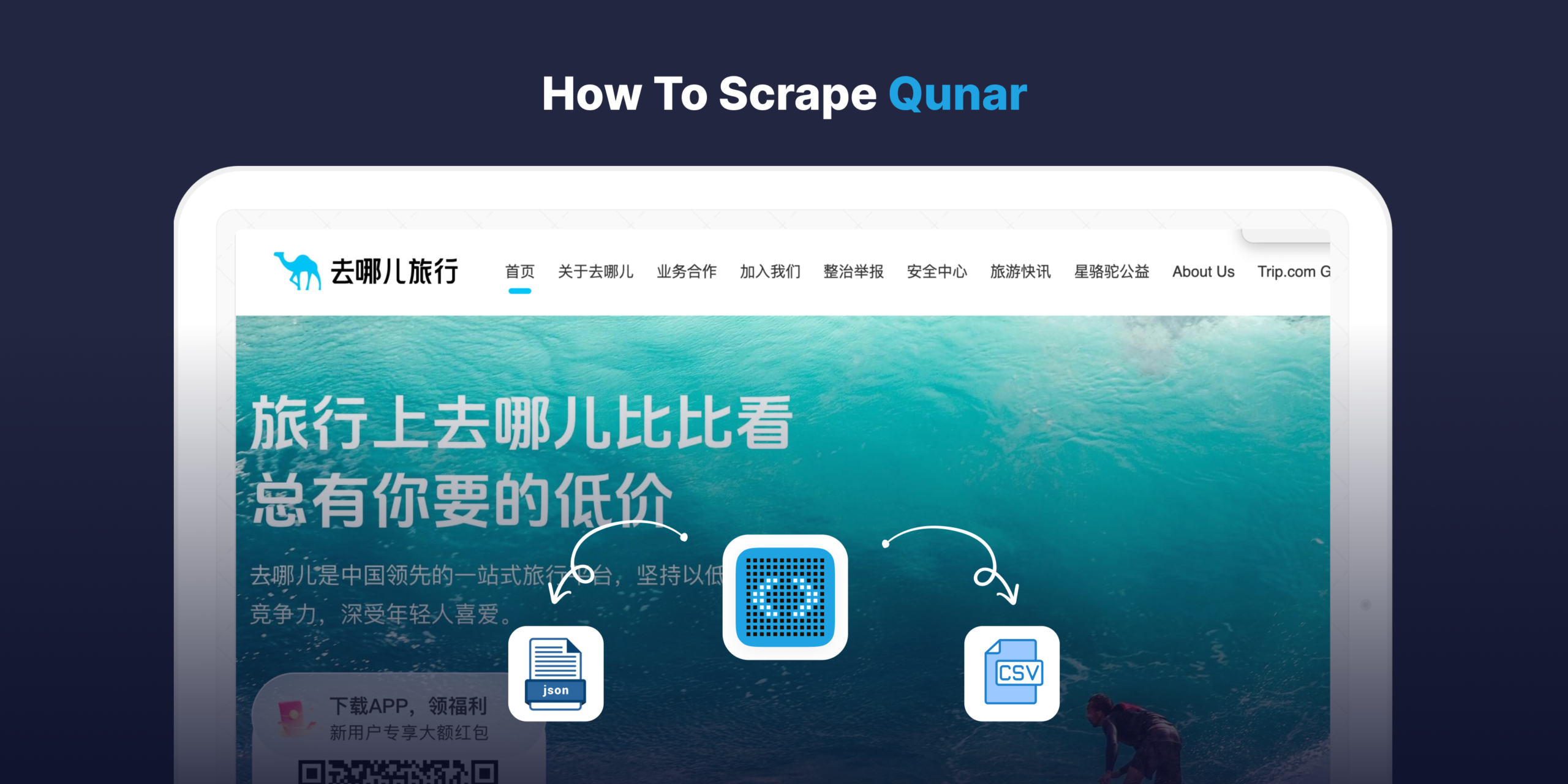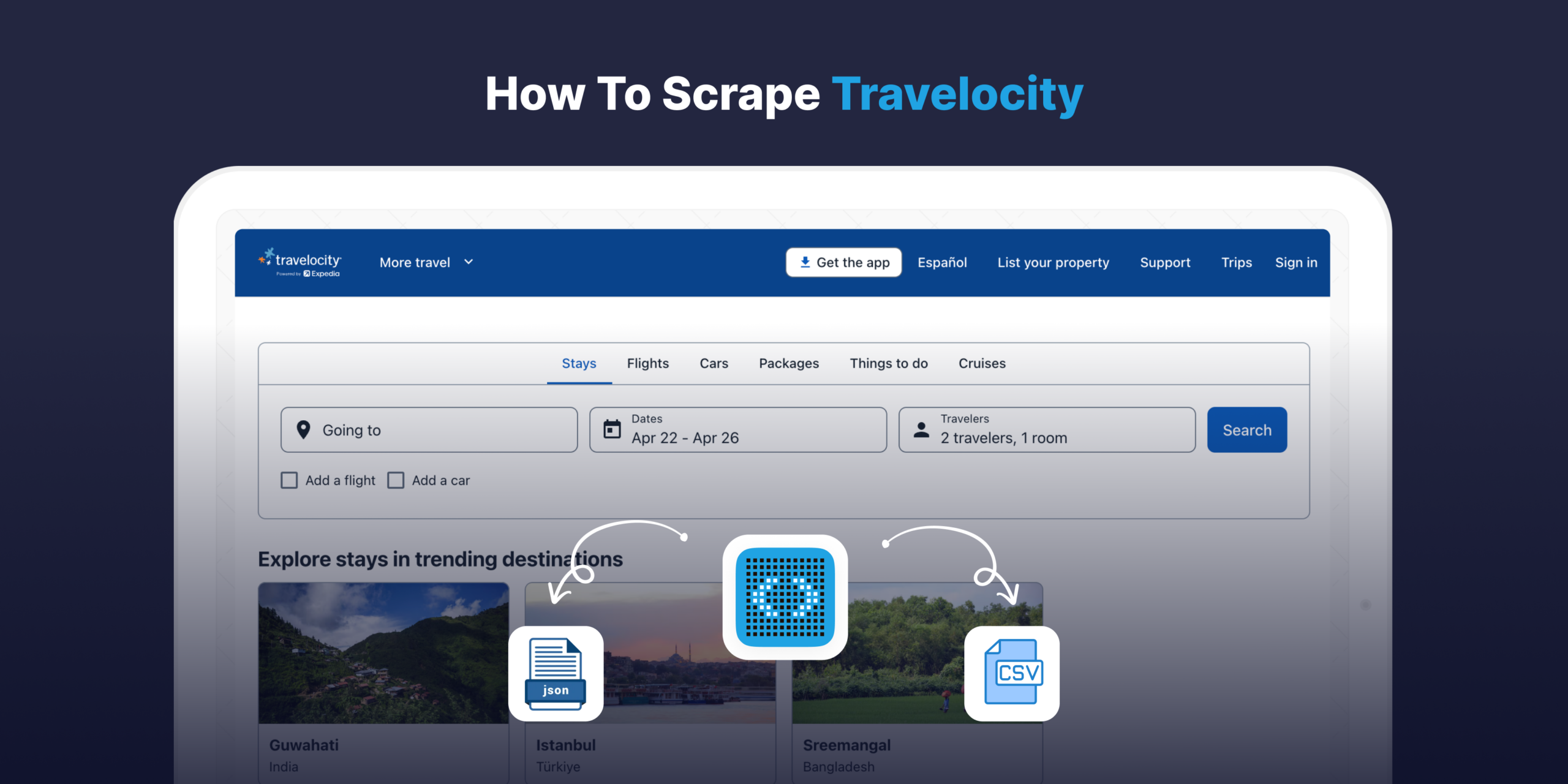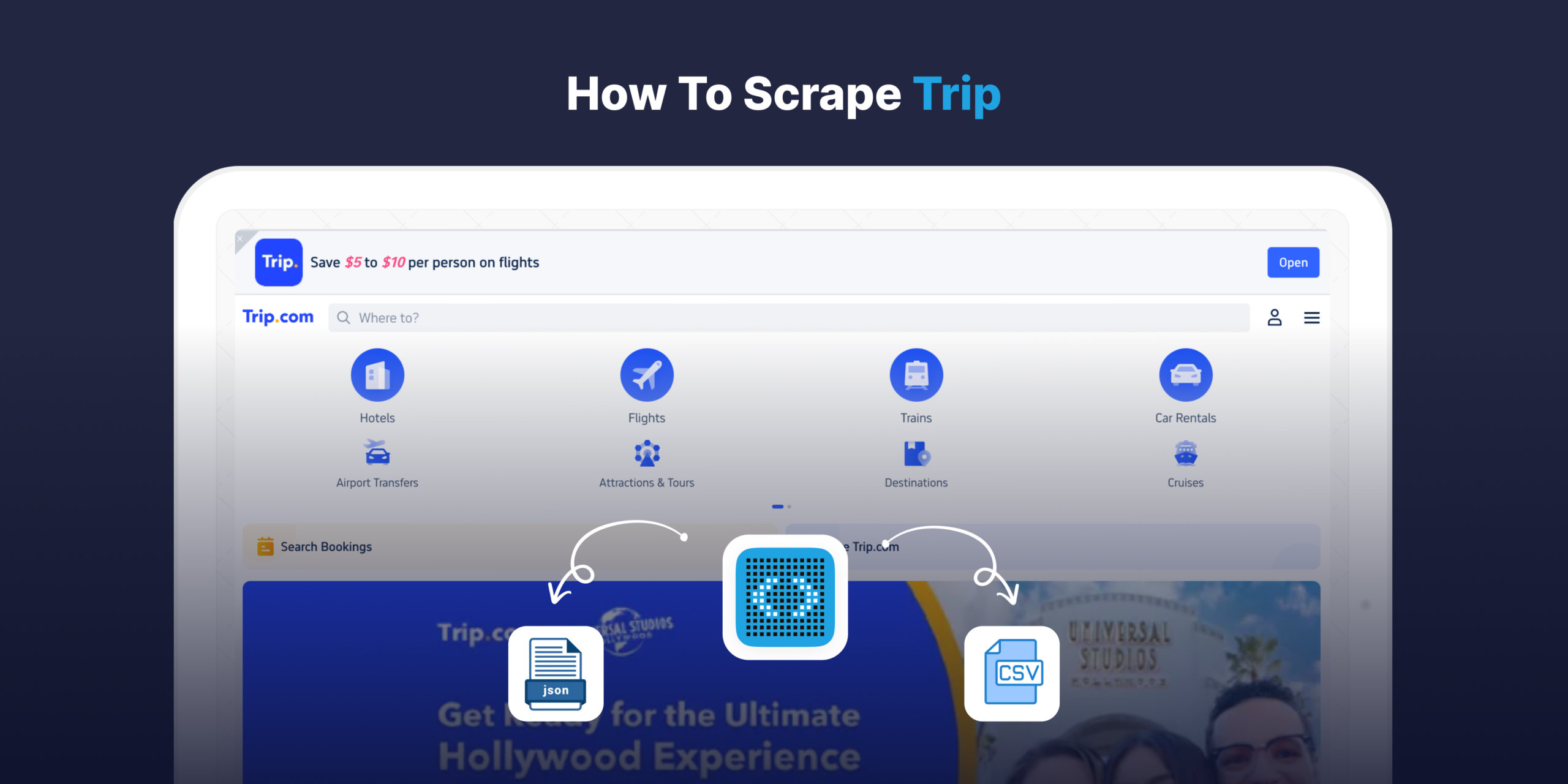What is FindLaw?
FindLaw is a comprehensive legal resource online dedicated to helping individuals and professionals with legal information, attorney listings, and community support. Established in 1995, it has been serving the public for over 27 years with its website located at www.findlaw.com, aiming to simplify complex legal topics and provide actionable insights.
Users can navigate FindLaw’s platform by searching for specific legal issues or browsing through categories that align with their needs. The site offers free access to a wealth of articles, case law, and statutes that are helpful for understanding various legal matters. Additionally, visitors can locate and connect with attorneys specialized in relevant legal fields directly through the website.
Regarding its scale, FindLaw features thousands of lawyer profiles covering a multitude of legal disciplines across numerous jurisdictions. It hosts millions of detailed reviews from individuals who have interacted with lawyers listed on the site. This extensive collection of data supports users in making informed decisions when selecting legal representation.
Scraping Legal Review Sites
This post is part of a series of tutorials on Scraping Legal Review Sites. Be sure to check out the rest of the series.
Why Scrape FindLaw?
Scraping FindLaw can be a valuable tactic for legal professionals and law firms seeking to stay competitive in the online landscape. By extracting data from this repository, users gain access to a vast pool of legal resources, including case laws, statutes, and detailed profiles on various aspects of the law. This process enables organizations to swiftly gather pertinent information that is crucial for both research purposes and informed decision-making.
Utilizing web scraping tools on platforms like FindLaw allows entities within the judicial sector an opportunity not only to enhance their operational efficiencies but also enrich their services with up-to-date knowledge. Especially beneficial are insights into market trends concerning lawyer listings or updates about latest rulings which could impact ongoing cases or influence new strategies in practice management. Such intelligence empowers practitioners by providing them deep dives into relevant content that helps shape better service offerings.
Moreover, leveraging such technology frees up time traditionally spent perusing through volumes of legislative documents manually – boosting productivity remarkably as it cuts down hours devoted towards desk-bound tasks related directly academic searches done regularly by paralegals lawyers alike With user-friendly interfaces offered many modern-day scrapers has never been easier tap existing database drill down specific fields interest thereby stimulating streamlined workflow enhances overall efficacy operations across board
How To Scrape FindLaw
Scraping data from FindLaw is crucial for gathering legal and business information that can be transformative for various applications. To effectively extract this valuable data, two key tools are essential: a web scraping bot and a reliable proxy.
A web scraping bot acts primarily as both crawler and scraper, navigating through the vast resources of the FindLaw website to access needed details. It systematically moves across pages on Findlaw.com extracting relevant content without requiring manual input. Thankfully, there’s no need to develop one from scratch since numerous sophisticated bots designed specifically for such tasks are readily available online.
However, utilizing these bots isn’t without challenges; there’s always the risk of them being blocked by websites like FindLaw due to security protocols aimed at preventing automated accesses meant to safeguard their systems’ integrity. This translates not just into temporary denials but might even result in permanent blacklistings which prevent future site access altogether.
Addressing blocking issues necessitates using proxies – another indispensable tool – that help conceal your actual IP address during your scrapes, giving an appearance if a different user each time they scrape. Proxies act as intermediaries between users’ machines (and their corresponding IPs) which when used with rotating feature significantly reduce chances of getting caught.
To ensure continuous unimpeded extraction, implementing dynamic rotation among several proxies proves most effective against detection, thus preserving uninterrupted harvesting activities. From a financial perspective, leveraging solutions like Scrape Network Web Scraping API leads to substantial savings in time and costs associated with managing multiple private or shared proxy configurations.
In summary, successfully mining invaluable databases hosted on sites like FindLaw hinges upon employing advanced technology countermeasures including robust probing algorithms paired with strategic obfuscation tactics provided via proxies. While traditional methods involve complexities and continual maintenance chores, platforms offer comprehensive yet elegantly simple alternatives featuring hands-free operation plus additional benefits. Users are encouraged to take advantage of the seamless experience offered by ScrapeNetwork, which ensures optimal performance with minimal hassle, thereby highlighting the critical importance of staying ahead of the curve in the modern digital landscape.






